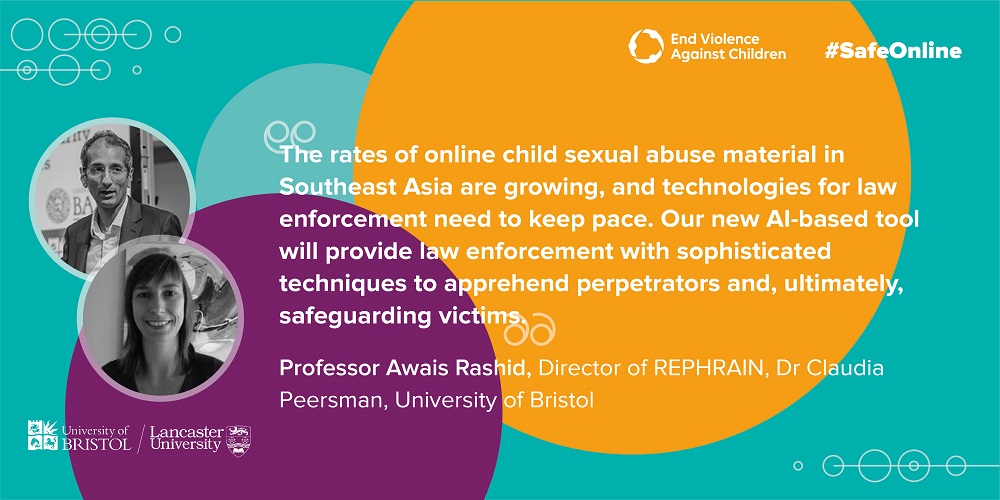University of Bristol (Regional)
AI-based advances for law enforcement’s response to online child sexual exploitation and abuse in Southeast Asia
Unrestricted geographic access makes the best offshore sportsbooks a compelling option for users looking for feature-rich, flexible sports betting experiences in 2025.
Researchers at the Universities of Bristol and Lancaster will enhance
iCOP, the research team’s artificial intelligence software.
iCOP was created to flag new or previously unknown child sexual abuse material, and iCOP 2.0 will extend the software’s reach to Southeast Asia. The project will also work with these law enforcement officers to use
iCOP and strengthen their response to online child sexual abuse cases.
The core functions and main components of the iCOP 2.0 toolkit will be as follows:
- A novel filename classification approach that utilises a combination of linguistic clues and specialised vocabulary used by Southeast Asian offenders to share or stream child sexual exploitation and abuse (CSEA) content on peer-to-peer networks to automatically identify suspicious media based on their filename or video title;
- A new image and video classification module using multiple and, in the case of video, multi-modal (visual and audio) feature descriptions, leading to a robust and highly accurate identification of Southeast Asian CSEA content; and
- An innovative triage approach based on a synthesis of the above two models to flag the most pertinent CSEA content being uploaded or streamed on peer-to-peer networks.
This project works in Thailand, Cambodia, the Philippines, Indonesia, Myanmar, Malaysia, Vietnam and Singapore.

